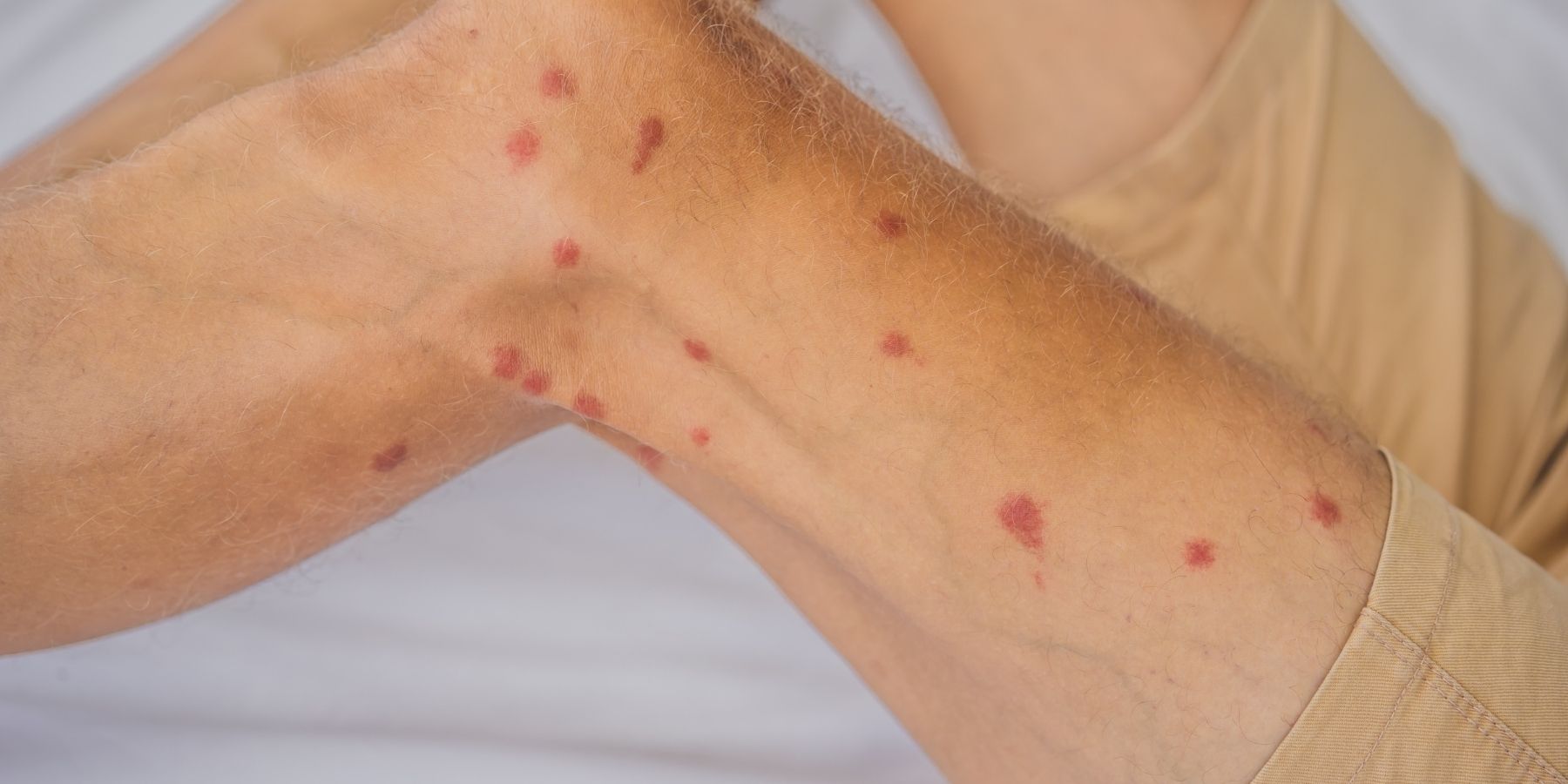When it comes to insect bites, two of the most common culprits are mosquitoes and bed bugs. Both can be a nuisance, but there’s often confusion about how these bites differ, especially in terms of healing.
In this article, we’ll explore the differences between mosquito and bed bug bites and answer the question: do mosquito bites heal faster than bed bug bites?
Understanding Mosquito Bites
Mosquitoes are flying insects that are most active during warmer seasons. They feed on human blood, leaving behind a bite that can be identified by the following characteristics:
Appearance: Mosquito bites are typically small, red, and puffy.
Itchiness: These bites are known for causing immediate itchiness.
Healing Time: Generally, mosquito bites heal quickly, usually within a few days to a week. The healing process can be faster if the bite is not scratched, as scratching can cause irritation and even infection.
Recognizing Bed Bug Bites
Bed bugs are small, nocturnal insects that live in furniture, mattresses, and cracks in walls. Their bites have distinct features:
Appearance: Bed bug bites often appear as small, flat, red welts. They frequently occur in a line or cluster.
Itchiness: These bites can be very itchy, and the itchiness might persist for longer than mosquito bites.
Healing Time: Bed bug bites generally take longer to heal, often one to two weeks. The healing process can be prolonged if the bites are scratched excessively.
Comparison of Healing Times
To directly answer the question: yes, mosquito bites tend to heal faster than bed bug bites. The reasons for this difference include:
Reaction Severity: Mosquito bites typically cause a less severe skin reaction. The body’s response to bed bug bites can be more intense, leading to prolonged healing.
Itchiness Duration: The itch from a mosquito bite usually subsides more quickly, reducing the urge to scratch and thereby allowing the skin to heal faster.
Bite Location: Bed bug bites often occur in places that are rubbed against bedding, which can aggravate the area and slow down healing.
Factors That Affect Healing
Several factors can influence how quickly your skin recovers from bites:
Individual Skin Reactions: Everyone’s skin reacts differently to bites. Some people may find that their mosquito or bed bug bites heal at a similar pace.
Scratching: Scratching any bite can lead to increased irritation, potential skin infections, and slower healing.
Allergic Reactions: If you have an allergic reaction to either type of bite, it may take longer to heal.
Number of Bites: Multiple bites can stress the skin and immune system, possibly slowing the healing process.
Tips for Faster Healing
Regardless of whether you’re dealing with mosquito or bed bug bites, the following tips can help speed up the healing process:
Avoid Scratching: Keep the bite area clean and avoid scratching. Scratching can break the skin and lead to infection.
Use Anti-Itch Creams: Over-the-counter anti-itch creams or lotions can help relieve the itchiness.
Cold Compresses: Apply a cold compress to reduce swelling and itching.
Keep the Area Clean: Regularly clean the bite with soap and water to prevent infection.
Prevention Tips
Preventing bites in the first place is always the best strategy. Here are some tips:
For Mosquitoes: Use insect repellent, wear long-sleeved shirts and pants, and avoid standing water where mosquitoes breed.
For Bed Bugs: Regularly inspect and clean your living spaces, especially bedrooms. Be cautious when traveling or bringing second-hand furniture into your home.
When to See a Doctor
If you experience severe reactions, signs of infection (like pus or increasing redness), or if the bites do not improve after a couple of weeks, it’s important to consult a healthcare professional.
Conclusion
In summary, mosquito bites typically heal faster than bed bug bites due to their less severe reaction and shorter duration of itchiness. However, individual experiences may vary.
By understanding these differences and following care and prevention tips, you can better manage and reduce the impact of these common pests.
